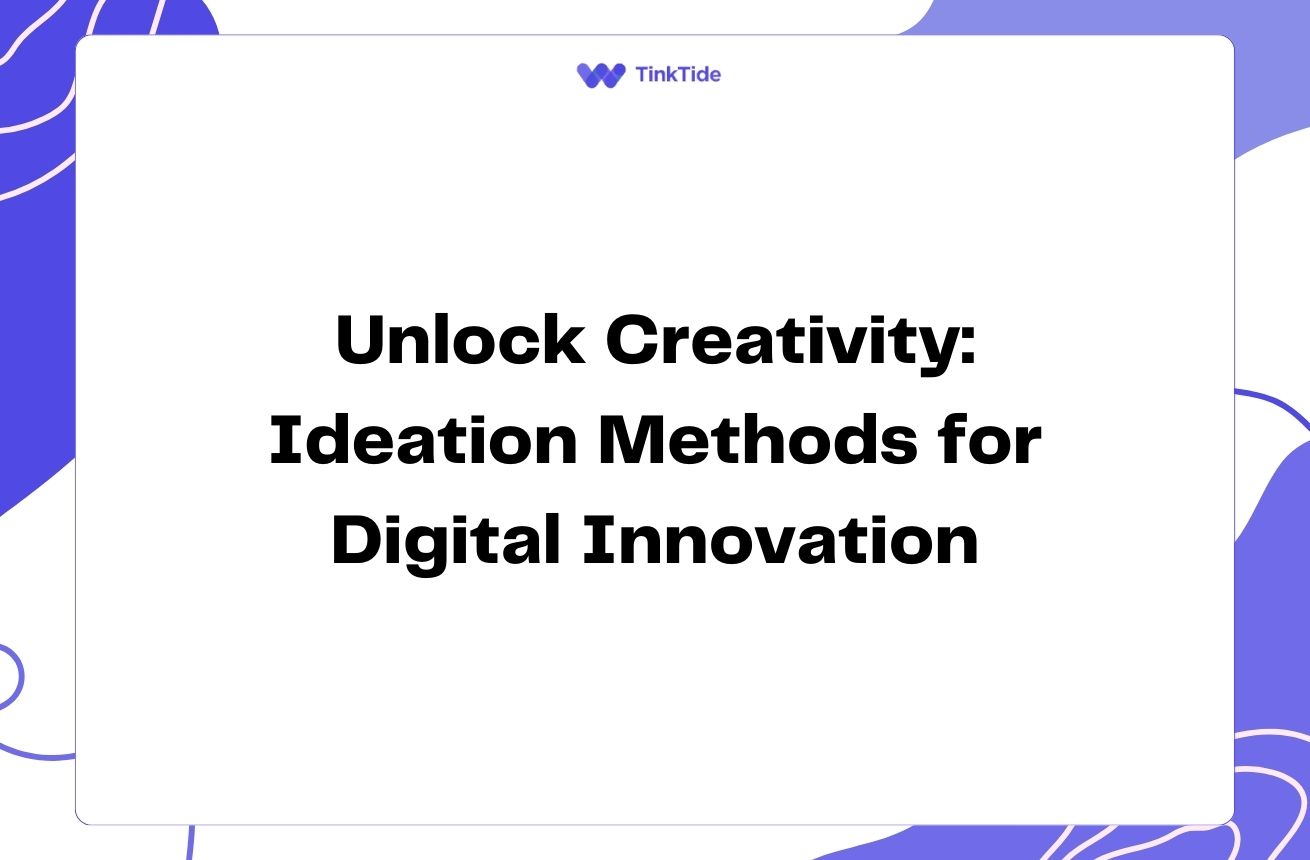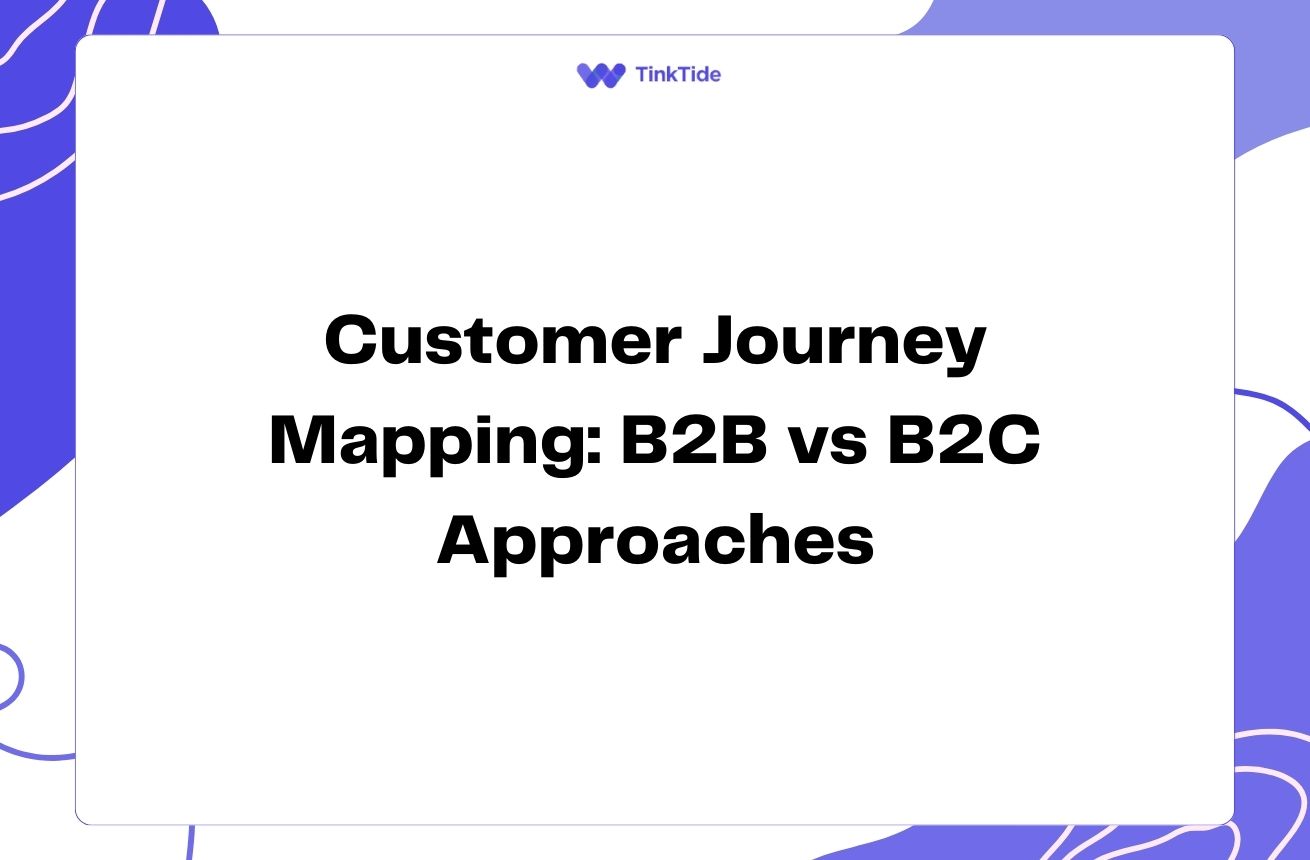Advanced Integration Tools for Streamlined Business Operations
The Power of Advanced Integration Tools
In today's fast-paced business environment, seamless operations are crucial for success. Advanced integration tools play a vital role in connecting various business applications, streamlining workflows, and enhancing overall productivity. These tools act as the glue that binds different software systems together, allowing for smooth data flow and process automation.
By leveraging advanced integration tools, businesses can eliminate data silos, reduce manual data entry, and ensure consistency across different platforms. This not only saves time and resources but also minimizes errors and improves decision-making capabilities. Let's explore some of the key benefits and popular tools in this space.
One of the primary advantages of using advanced integration tools is the ability to create a unified ecosystem of business applications. This means that data from your CRM system, e-commerce platform, and ERP software can seamlessly flow between systems, providing a holistic view of your business operations.
Moreover, these tools often come with pre-built connectors and templates, making it easier for businesses to set up integrations without extensive coding knowledge. This democratization of integration capabilities allows organizations of all sizes to benefit from advanced data synchronization and workflow automation.
Key Features of Advanced Integration Tools
Advanced integration tools come packed with features designed to simplify complex integrations and automate business processes. Here are some essential features to look for:
- API Management: Robust API management capabilities for seamless connectivity
- Data Mapping: Intuitive interfaces for mapping data fields between different applications
- Workflow Automation: Tools to create and manage automated workflows across multiple systems
- Real-time Synchronization: Ability to sync data in real-time or near real-time
- Error Handling: Built-in mechanisms to handle and report integration errors
- Scalability: Capacity to handle growing data volumes and increasing number of integrations
Popular Advanced Integration Platforms
Several powerful integration platforms have emerged to meet the growing demand for seamless business operations. Let's take a look at some of the leading solutions:
MuleSoft is a comprehensive integration platform that offers a wide range of connectors and API management tools. It's known for its scalability and ability to handle complex enterprise integrations.
Zapier is popular among small to medium-sized businesses for its user-friendly interface and vast library of app integrations. It excels at automating tasks between web applications without requiring coding skills.
Dell Boomi offers a cloud-native integration platform that combines iPaaS, API management, and master data management. It's particularly strong in handling complex data transformations and cleansing.
These platforms, among others, provide the tools necessary to create a well-connected, efficient business ecosystem. The choice of platform often depends on the specific needs, scale, and technical expertise of the organization.
Implementing Advanced Integration Solutions
Implementing advanced integration tools requires careful planning and execution. Here's a general approach to get started:
- Assess Your Needs: Identify the systems that need integration and the specific processes to automate
- Choose the Right Tool: Select an integration platform that aligns with your technical requirements and budget
- Plan the Integration: Map out the data flows and design the integration architecture
- Implement and Test: Set up the integrations and thoroughly test them in a staging environment
- Monitor and Optimize: Continuously monitor the integrations and optimize them for performance
Overcoming Integration Challenges
While advanced integration tools offer numerous benefits, businesses may face challenges during implementation. Common hurdles include data security concerns, compatibility issues between legacy systems and modern applications, and the need for specialized skills to manage complex integrations.
To overcome these challenges, it's crucial to invest in proper training for your team and to work closely with integration platform vendors or consultants. Many providers offer extensive documentation, community forums, and professional services to support successful implementations.
Additionally, adopting a phased approach to integration can help manage complexity and ensure that each integration delivers value before moving on to the next. This iterative process allows for continuous learning and improvement of your integration strategy.
Remember that successful integration is an ongoing process. As your business evolves, so too should your integration strategy to ensure it continues to meet your changing needs and leverages new technological advancements.
The Future of Business Integration
The field of business integration is rapidly evolving, with emerging technologies like artificial intelligence (AI) and machine learning (ML) playing an increasingly important role. These technologies are being incorporated into integration platforms to provide predictive analytics, intelligent data mapping, and automated error resolution.
We're also seeing a shift towards event-driven architectures and microservices, which allow for more flexible and scalable integrations. This trend is enabling businesses to create more responsive and adaptable systems that can quickly react to market changes and customer needs.
As the Internet of Things (IoT) continues to grow, integration tools will need to handle an ever-increasing volume of data from a diverse array of connected devices. This will drive further innovations in real-time data processing and edge computing capabilities within integration platforms.
Staying informed about these trends and continuously evaluating your integration strategy will be key to maintaining a competitive edge in the rapidly evolving digital landscape.
Common Questions About Advanced Integration Tools
As businesses explore advanced integration tools, several questions often arise. Here are some of the most common ones:
What is the difference between iPaaS and API management?
While both facilitate integration, iPaaS (Integration Platform as a Service) focuses on connecting different applications and systems, often through pre-built connectors. API management, on the other hand, is specifically about creating, publishing, and managing APIs. Many modern integration platforms offer both iPaaS and API management capabilities.
How do advanced integration tools ensure data security?
Advanced integration tools typically offer robust security features such as encryption, access controls, and compliance with data protection regulations. They often provide audit trails, data masking, and secure protocols for data transmission. It's important to choose a tool that aligns with your organization's security requirements and compliance needs.
Can advanced integration tools work with legacy systems?
Yes, many advanced integration tools are designed to work with both modern and legacy systems. They often provide adapters or connectors for older technologies like EDI or mainframe systems. However, the level of support can vary between platforms, so it's important to verify compatibility with your specific legacy systems.
What skills are needed to use advanced integration tools?
While many modern integration tools aim to be user-friendly, the required skill set can vary. Basic understanding of data structures, APIs, and business processes is often necessary. For more complex integrations, knowledge of scripting languages, database management, and specific integration patterns may be required. Many vendors offer training programs to help users get up to speed.
How do integration tools handle data transformation?
Advanced integration tools typically include robust data transformation capabilities. They often provide visual mapping tools to define how data should be transformed between systems. This can include changing data formats, applying business rules, and handling complex data structures. Some platforms also offer AI-assisted mapping to simplify this process.
What is the typical ROI for implementing advanced integration tools?
The return on investment (ROI) for integration tools can be significant, but it varies depending on the specific use case. Common benefits include reduced manual data entry, improved data accuracy, faster business processes, and better decision-making capabilities. While the initial investment can be substantial, many organizations report ROI within 6-18 months through cost savings and increased efficiency.
Additional Resources
Gartner Magic Quadrant for Enterprise Integration Platform as a Service
Comprehensive analysis of leading iPaaS providers
The State of API Integration Report
Annual report on API integration trends and challenges
Integration Developer News
News and articles on integration technologies and best practices
API University
Educational resources for API development and integration
The Enterprise Integration Patterns Book
Comprehensive guide to integration design patterns
Embracing the Future of Business Integration
Advanced integration tools are revolutionizing the way businesses operate by creating seamless connections between various applications and systems. By leveraging these powerful platforms, organizations can streamline their workflows, improve data accuracy, and gain valuable insights for better decision-making.
As we've explored, the landscape of integration tools is diverse, offering solutions for businesses of all sizes and complexities. From user-friendly platforms like Zapier to enterprise-grade solutions like MuleSoft, there's an integration tool to suit every need.
To stay competitive in today's fast-paced business environment, it's crucial to embrace these advanced integration technologies. By doing so, you'll be well-positioned to adapt to changing market conditions, meet customer expectations, and drive innovation within your organization.
Streamline Your Business Operations Today
Ready to take your business integration to the next level? Start your journey towards seamless operations now.
Start Your Free Trial

